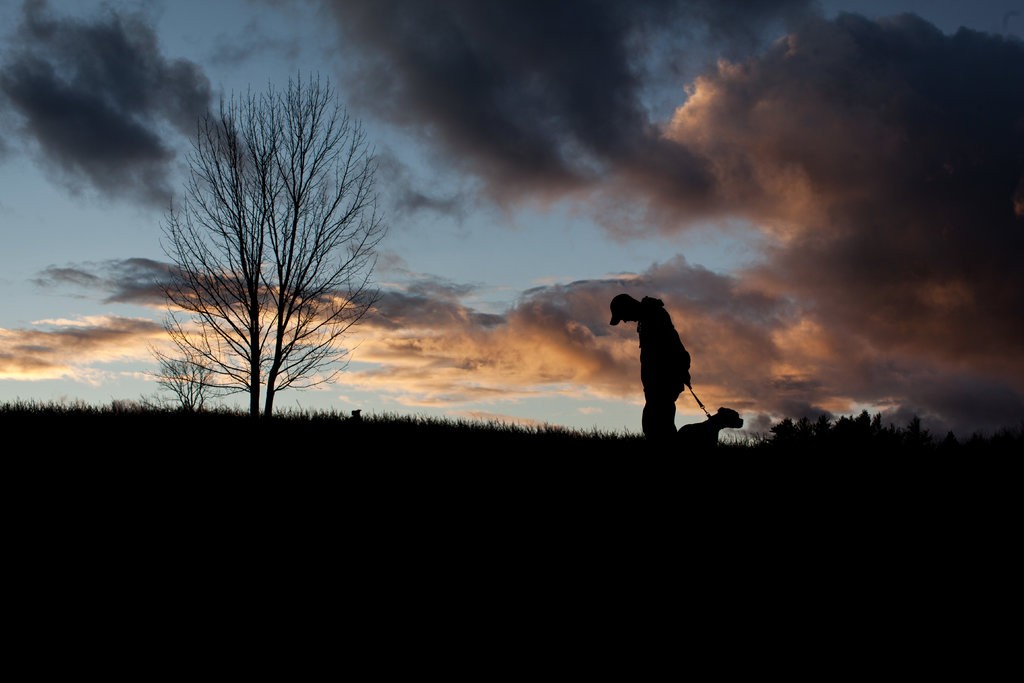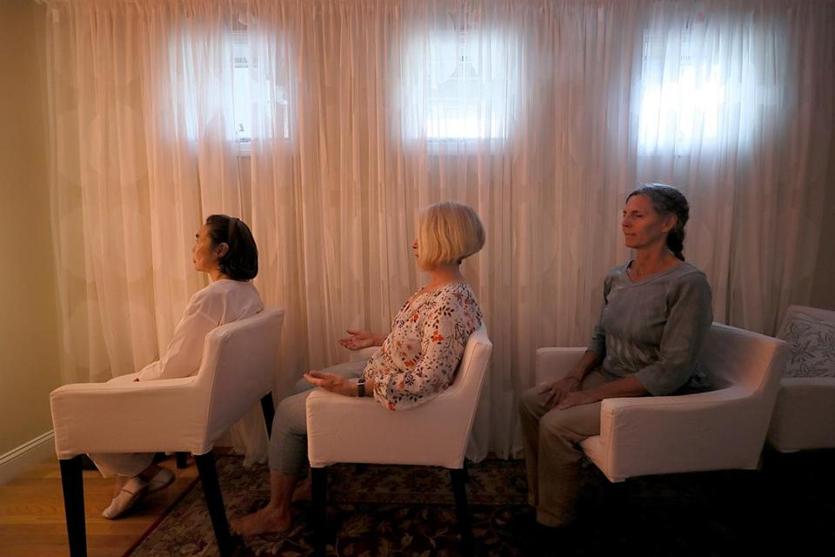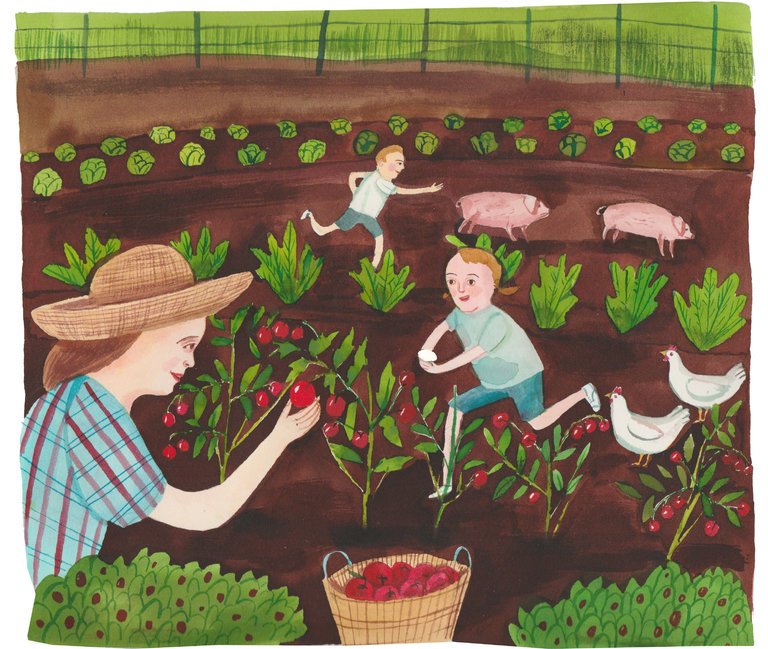Researchers asked unbelievers about whether the universe is ultimately meaningless and what values matter most to them

A major conference on unbelief, co-hosted by the Pontifical Council for Culture and the University of Kent, is being held at the Vatican.
The two-day conference will today (28 May) launch with the global “Understanding Unbelief” programme presenting results from its research.
The multidisciplinary research programme led by the University of Kent in collaboration with St Mary's University Twickenham, Coventry University and Queen's University Belfast, mapped the nature and diversity of 'unbelief' across six countries including Brazil, China, Denmark, Japan, UK and the USA.
Researchers asked unbelievers across the six countries about attitudes to issues such as supernatural phenomena, whether the “universe is ultimately meaningless” and what values matter most to them.

The Vatican at Sunset
Photo: Pacific Press/SIPA USA/PA Images
Photo: Pacific Press/SIPA USA/PA Images
A major conference on unbelief, co-hosted by the Pontifical Council for Culture and the University of Kent, is being held at the Vatican.
The two-day conference will today (28 May) launch with the global “Understanding Unbelief” programme presenting results from its research.
The multidisciplinary research programme led by the University of Kent in collaboration with St Mary's University Twickenham, Coventry University and Queen's University Belfast, mapped the nature and diversity of 'unbelief' across six countries including Brazil, China, Denmark, Japan, UK and the USA.
Researchers asked unbelievers across the six countries about attitudes to issues such as supernatural phenomena, whether the “universe is ultimately meaningless” and what values matter most to them.





 Here are some generally agreed-upon facts about religious trends in the United States. Institutional Christianity has weakened drastically since the 1960s. Lots of people who once would have been lukewarm Christmas-and-Easter churchgoers now identify as having “no religion” or being “spiritual but not religious.” The mainline-Protestant establishment is an establishment no more. Religious belief and practice now polarizes our politics in a way they didn’t a few generations back.
Here are some generally agreed-upon facts about religious trends in the United States. Institutional Christianity has weakened drastically since the 1960s. Lots of people who once would have been lukewarm Christmas-and-Easter churchgoers now identify as having “no religion” or being “spiritual but not religious.” The mainline-Protestant establishment is an establishment no more. Religious belief and practice now polarizes our politics in a way they didn’t a few generations back.
 Wherever I go I seem to meet people who are either dealing with trauma or helping others dealing with trauma. In some places I meet veterans trying to recover from the psychic wounds they suffered in Iraq or Afghanistan. Sometimes it is women struggling with the aftershocks of sexual assault. Sometimes it is teachers trying to help students overcome the traumas they’ve suffered from some adult’s abuse or abandonment.
Wherever I go I seem to meet people who are either dealing with trauma or helping others dealing with trauma. In some places I meet veterans trying to recover from the psychic wounds they suffered in Iraq or Afghanistan. Sometimes it is women struggling with the aftershocks of sexual assault. Sometimes it is teachers trying to help students overcome the traumas they’ve suffered from some adult’s abuse or abandonment.



 Lent is here, and as a practicing Christian, I know the question is inevitable: “What are you planning to give up?” It’s a tougher decision than it sounds; I look with awe at a woman who gave up sarcasm one Lent. Now, that would be a real hardship.
Lent is here, and as a practicing Christian, I know the question is inevitable: “What are you planning to give up?” It’s a tougher decision than it sounds; I look with awe at a woman who gave up sarcasm one Lent. Now, that would be a real hardship.